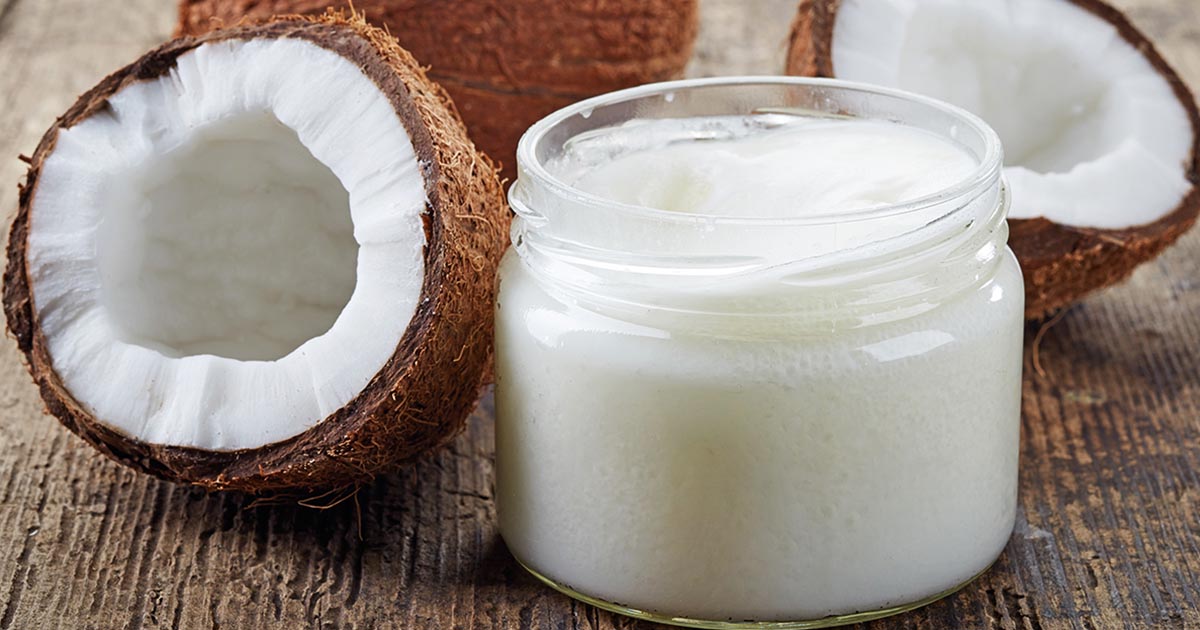Natural Remedies for Psoriasis to Try
You may have heard about alternative or natural remedies for psoriasis. While there is very little scientific evidence that home remedies for psoriasis work, you may still find some temporary relief from some of these.
Here are eight natural alternatives to managing your psoriasis symptoms.
1. Aloe Vera
Applying aloe vera gel directly to affected skin is a natural alternative to steroids found in topical creams. Aloe vera has no side effects, even with long-term use.
Swedish researchers found 83% of people using aloe creams are getting significant relief, and there has been some evidence suggesting aloe vera may also provide pain relief, including one study reported in the Journal of Pakistan Medical Association. According to the Pakistani study, burn patients who were treated with aloe vera healed faster and experienced better pain relief compared to those who had not.
Any evidence aloe vera helps reduce symptoms of psoriasis is scarce, but its use is safe. If you choose to use it, apply a small amount on your skin and wait 24 hours before applying to your body to confirm you are not allergic.
2. Apple Cider Vinegar
The National Psoriasis Foundation has recommended apple cider vinegar for treating psoriasis. It has antibacterial properties so it may help your itching and inflammation.
Apply raw, organic apple cider vinegar directly to affected areas to help reduce your psoriasis symptoms. But if you have open wounds or inflamed spots, apple cider will cause further pain and irritation. You can find raw, or unfiltered, organic apple cider vinegar at your local grocery store.
There has been no direct research on the effectiveness of apple cider vinegar, although it was mentioned briefly in the Journal of Pharmacy Research as a smoothing method for psoriasis when added to bath water or directly applied to skin.
So far, it appears there is no evidence showing any risk of using apple cider vinegar to manage your psoriasis symptoms.
3. Capsaicin
Capsaicin is the ingredient in hot peppers that gives them their heat. When added to creams and ointments, it can block your psoriasis inflammation and discomfort symptoms.
Researchers from the University Medical Center Freiburg in Germany found that adding capsaicin to topical creams may help reduce psoriasis pain, inflammation, scaling and redness.
4. Dead Sea Salts
There has been evidence Dead Sea salt therapy may help you to manage your psoriasis symptoms. In fact, people have been making trips to the Dead Sea for centuries and spending weeks there to manage psoriasis symptoms.
According to the National Psoriasis Foundation, Dead Sea salts can help break down thick plagues and target inflammation. While it is quite a luxury to travel to the Dead Sea, you still have the option of bathing in these salts.
You can buy authentic Dead Sea salts from popular online retailers, including Amazon; just search for products containing 100% Dead Sea salt. Take a bath in 1/4 cup of authentic Dead Salts and soak for about 15 minutes to help remove scales and ease itching.
5. Oats
Oats offer natural skin moisturizing benefits. While there has been no scientific evidence to show oats will help you manage psoriasis, many sufferers have reported taking oatmeal baths or using oat pastes relives itchy skin and reduces inflammation and redness.
Make sure you bathe with care — no more than two or three times a week to avoid drying out your skin, especially during winter when the air inside is dry. Always towel off skin by patting and use an all-natural moisturizer immediately after bathing.
6. Coconut Oil
When applied to skin, it is possible coconut oil may help with inflammation. This is because it contains fatty acids, which may also reduce the risk of skin irritation and infection.
Coconut oil is a moisturizer as well, so it can soothe skin. The National Psoriasis Foundation recommends adding coconut oil for psoriasis to your bath as an alternative to oatmeal.
There has been very little evidence to prove coconut oil an effective treatment, but since side effects are rare, it is worth a try.
7. Lavender Oil
Lavender oil is the most studied of all the essential oils, and it is frequently used for a variety of conditions, including psoriasis.
Lavender oil may help ease psoriasis itchiness. Mix it with lotion and apply it to the skin or dilute it with coconut oil. You may also put a few drops directly in your bath water.
8. Tea Tree Oil
Tea tree oil is said to have antibacterial and antifungal properties. It may help you to ward off infection if you scratch a lot and ease inflammation from psoriasis, but there is not any research to confirm or deny this.
You should not use too much tea tree oil because it will dry out your skin, potentially making psoriasis symptoms worse. You can find tea tree oil in shampoos, lotions and soaps.
Considerations
There is not a single or simple way to keep your psoriasis symptoms managed. What works for one person may not work for another.
It is important to remember while some natural remedies for psoriasis may help you manage symptoms, they may interfere with your use of other medications, including those used to treat your psoriasis. Be sure to talk to your doctor before seeking any treatments on your own.

